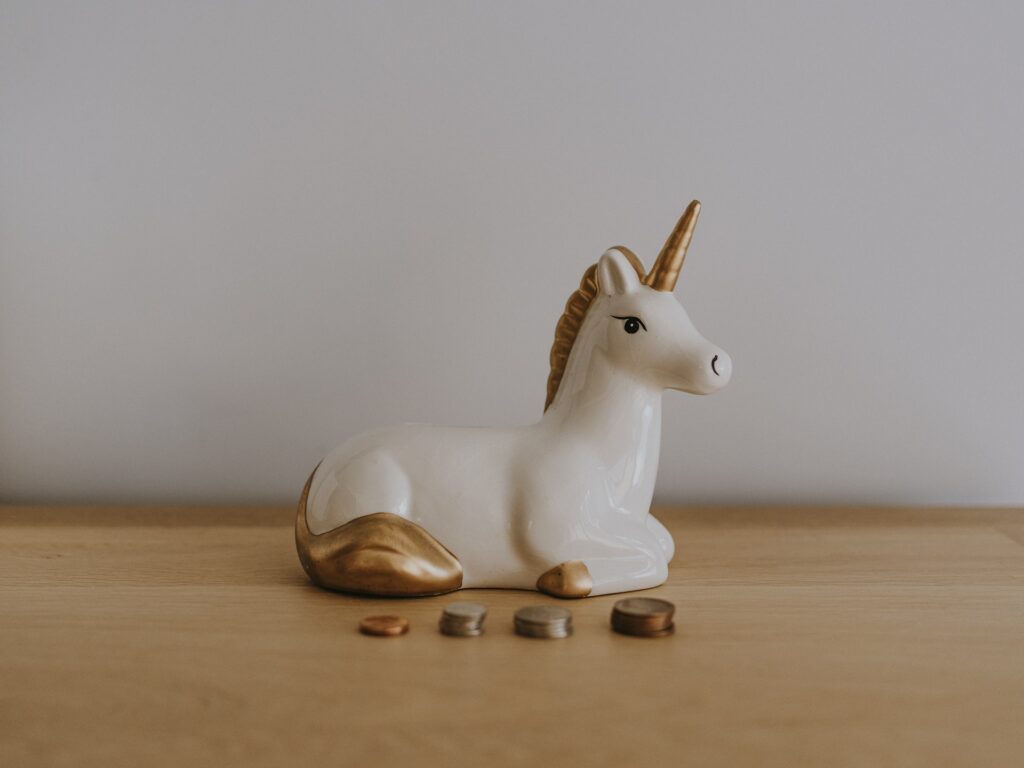A big part of my work as a website designer is guiding people to the right products, tools and software for their particular needs. With dozens or hundreds of options for each tool, it would be a huge added burden for each client to weed through to find the best option for their business.
Since I’m working with dozens of clients every year, I’m eager to recommend what’s working well across the board, and I’m constantly researching new tools and re-assessing existing ones to make sure I’m recommending the right things as technology and companies change.
But I know affiliate links can feel sneaky and salesy to some people, so I wanted to share my affiliate philosophy in case you happen to feel that way.
What is an affiliate link?
An affiliate link is a unique URL code assigned to someone who is promoting a product or service. The link tracks any sales that come from that particular person promoting it, and that person gets a commission on these sales. Commissions vary widely across products, but most of mine are 10-20% of the initial purchase cost. Affiliate links can be used on websites, social media platforms, and other marketing channels.
Affiliate programs often include coupon codes, and you’ve probably heard these partnerships on podcast ads… “use code XYZ to get your first box free,” etc. Many affiliate programs give their affiliates a discount they can share so the customer gets a better deal too.
You may see a star next to affiliate links online, and you can check a website’s disclaimer to learn more about a business’s affiliate relationships. You can also always ask! Many people are happy to chat about their affiliate partnerships or happy for you not to use their link if you’re not comfortable with it.

Why I appreciate (and use) affiliate links
Affiliate links pay humans directly — individual humans like you and I. Large companies like Bluehost often have affiliate partnerships where they recommend certain products and tools… but I try to avoid affiliate recommendations from large companies as I know they don’t need the revenue. If possible, see if you can find an affiliate link/discount code for the same product/tool from a human or a small business.
These affiliate codes/partnerships skim money off the top of what the company is getting paid. You’re paying the same amount regardless — or sometimes less if there’s a discount code involved — but the company is giving a portion to the person who sent the new client or customer their way.
Whenever I’m going to buy something, my first step is Googling to see if I can find an affiliate link from a podcaster, influencer, blogger, etc. I’d much rather an individual person get a portion of the money than the big (or growing) company would otherwise keep.
How I seek out affiliate programs
When I find a product that I really like — a website host, an email marketing platform, etc. — I search to see if they have an affiliate program. If I’m frequently recommending that tool, I’d love to share in its success.
I’ve never accepted an affiliate relationship with a product I haven’t used/don’t use, and I never will. It’s important to me that all of my affiliate partnerships and relationships are products I’d be recommending without an affiliate program. And there are many products and tools I recommend that don’t have affiliate programs.
My affiliate program rules
I only join affiliate programs and share affiliate links of tools/products that I’ve used and really love. I only host my own website, so I only have one website host personally, but there are a few website hosts I use on behalf of my clients that I wholeheartedly recommend. I may not use the product personally, but I currently use or have used it for clients, and I recommended the product/tool prior to the affiliate relationship.
I’m always honest about every product I use, both in one-on-one chats and on my website/blog. If there are downsides to a particular product/tool, I share those. I recommend many products/tools that don’t have affiliate programs, and joining an affiliate program has no impact on my recommendation of a product. If you’re curious about a certain product or tool, reach out, I’m always up for talking shop on anything I recommend (or the things I don’t!)
I note all affiliate links on my website with a star*, and there’s never any pressure to use an affiliate link when you use a tool I recommend — all you have to do is Google the product or tool rather than clicking my link. You can see all my affiliate links and products on my Recommended Products page.
If you have any questions about how I use affiliate links, how I decide which products to recommend, or want me to send you a non-affiliate link for a tool, just get in touch!



